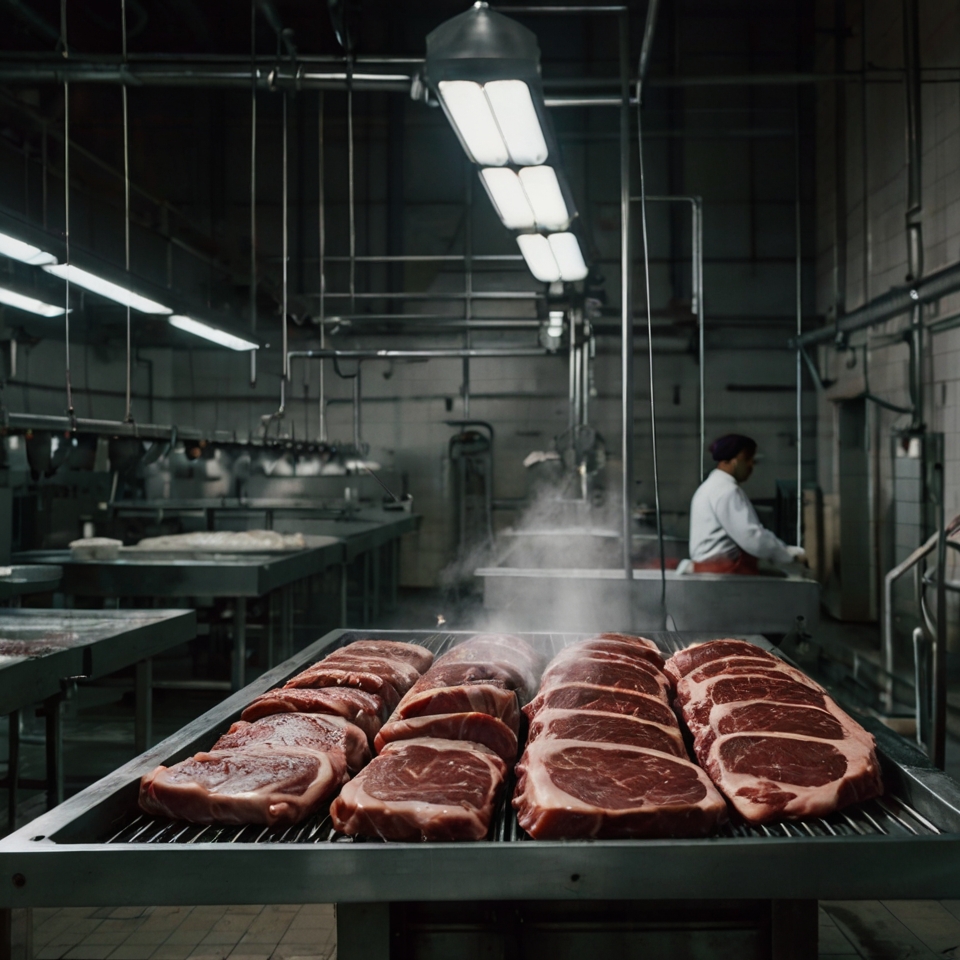The Saudi Arabia Meat Market is projected to experience notable expansion by 2031, driven by shifting consumer demands and government efforts to strengthen local production. With a population growing in both size and affluence, meat consumption is rising steadily, placing Saudi Arabia on track to become a key market for domestic and international meat producers.
Changing Consumer Preferences
One of the primary factors driving the meat market’s growth is the changing dietary habits of Saudi consumers. Traditionally, red meat has held a prominent place in Saudi cuisine, but there has been a growing demand for a broader variety of meat products, including poultry, seafood, and processed meats. With increasing health awareness, consumers are also seeking leaner cuts of meat, organic options, and products that adhere to higher quality standards.
Expansion of Poultry and Processed Meat Sectors
While beef and lamb continue to dominate the Saudi meat market, the poultry sector is expected to grow significantly by 2031. Poultry is often seen as a more affordable and healthier option compared to red meat, making it popular among middle-income households. In addition, the rise of processed meat products, such as sausages, meatballs, and ready-to-eat meals, reflects the demand for convenience foods among urban consumers with busy lifestyles.
Vision 2030 and Domestic Meat Production
Saudi Arabia’s Vision 2030 initiative, aimed at diversifying the economy, has placed emphasis on boosting local meat production as part of its food security strategy. To this end, the government has been investing in agricultural technology, supporting livestock farmers, and encouraging partnerships between local and international businesses. This move is expected to decrease the country’s dependence on meat imports, which currently make up a significant portion of the market.
Increasing Role of Technology in Meat Production
Technological innovation is set to play a critical role in shaping the future of the Saudi meat market. Advancements in animal husbandry, breeding techniques, and feed solutions are being introduced to improve the quality and efficiency of livestock production. Additionally, cold chain logistics and modern processing facilities are helping ensure that meat products meet high safety and hygiene standards.
Import Market and Consumer Preferences
Despite efforts to boost local production, Saudi Arabia will likely continue to import large quantities of meat, particularly high-quality beef and specialty meats. The affluent segment of the population favors premium cuts and exotic meats from regions like Australia and South America. These imports are often marketed as premium products, catering to niche consumer preferences in the hospitality and retail sectors.
Halal Certification and Market Growth
Saudi Arabia’s meat market is dominated by halal products, which conform to Islamic dietary laws. The government’s strict enforcement of halal standards has positioned the kingdom as a leading market for halal-certified meat. By 2031, the halal meat sector is expected to expand further as Saudi Arabia aims to increase exports of halal products to the broader Middle East and North Africa (MENA) region.
Sustainability and Environmental Concerns
As global environmental concerns continue to rise, there is increasing awareness about the sustainability of livestock farming. Saudi Arabia’s meat industry faces the challenge of reducing its environmental footprint by adopting sustainable farming practices. Initiatives that focus on water conservation, feed efficiency, and reducing greenhouse gas emissions will be crucial for the future growth of the market.
Conclusion
The Saudi Arabia meat market is on a path of steady growth, shaped by consumer demand, technological advancements, and government support for local production. By 2031, the country will likely emerge as a key player in the global meat industry, with opportunities for both domestic and international players. However, to achieve this, the market will need to address challenges related to sustainability and changing consumer preferences.
